
How can gratitude improve our mental health?

How can gratitude improve our mental health?

Humanitarian values include the basic right to seek asylum, as enshrined in both international and US law.

The Federal Trade Commission voted 3-2 to ban noncompete clauses between employers and workers, citing health care specifically among their reasons for supporting the ban.

What are the psychological implications of Passover?

“This discussion is as much about preserving the core values of psychiatric practice as it is about embracing innovation.”

Climate change is a global public health crisis.

"In the face of such a pervasive crisis, being present for those with addiction can ignite hope and foster healing."

Check out new positive topline data from the SAVITRI study assessing the efficacy and safety of NBI-1065845 in adults with major depressive disorder.
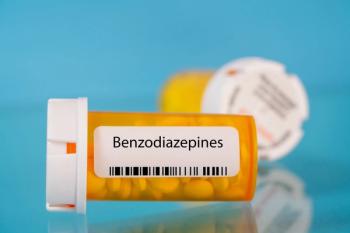
While benzodiazepine prescribing certainly carries risks, those risks have been demonstrably exaggerated in the minds of government officials, critics, and the public at large.

How have the advancements of television and the internet changed our perception of war?
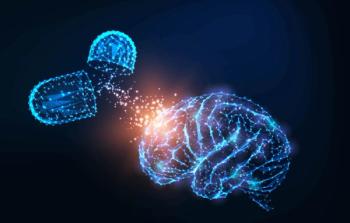
Antidepressants are differentiated by long-term response in a 2-year cohort study of patients with MDD.

What is the efficacy of ECT for the treatment of dementia?

The articles in this Psychiatric Times Special Report highlight the relationship of health to the environment.

"I pulled my scuffle hoe hard through the clay’s crust and heard the blade scrape metal and earth."

Happy Earth Day!

Here are highlights from the week in Psychiatric Times.

This first update in 20 years is contained in a recent rule issued by SAMHSA.

What is new in research on opioid use disorder?

Psychedelics: it is time to integrate this treatment option into clinical care while holding fast to the principles of medical ethics.

"And the sky went wan, and the wind came cold, And the sun rose dripping, a bucketful of gold."

Humiliation: a key point of escalation during conflict.
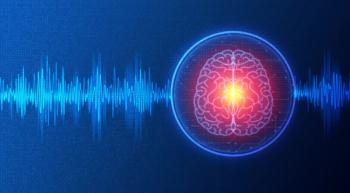
What does the recent FDA clearance of this treatment for adolescents mean for the future of MDD treatment?

Tris Pharma has formed the organization along with a licensing agreement with Braingaze for development, distribution of the technology.
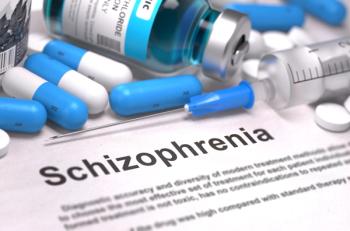
Compared with divided dosing, patients with once-daily dosing had shorter illness duration and better clinical outcomes.
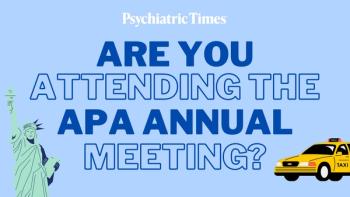
Let us know if we'll see you there!

Wine for mental health…?

Study results suggest the potential for a scalable, single-dose treatment approach.

It's time for a psychological spring cleaning yet again...

What are the most effective approaches to SUD treatment in this unique patient population?

Explore the devastating impact of substance abuse, human trafficking, and conflict on individuals and communities.